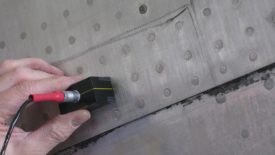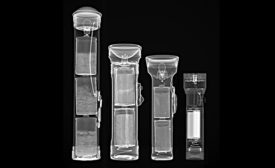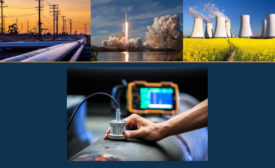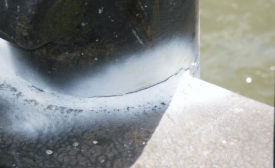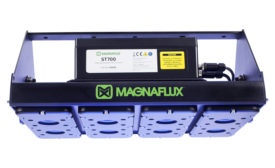Home » Keywords: » Non-Destructive Testing
Items Tagged with 'Non-Destructive Testing'
ARTICLES
NDT | Ethics
A whistleblower shares his story.
Read More
Test & Inspection
Eddy Current Inspection of In-Service Aircraft Structure
Eddy current inspections are particularly sensitive to crack, corrosion, and other conductivity changes within electrically conductive alloys.
April 1, 2022
Seeing is Believing: 2D and 3D X-ray Technologies for Nondestructive Testing
X-ray based techniques have many advantages for inspection and quality control.
November 1, 2019
Sponsored Content
The Hidden Costs of Hiring in Industrial Inspection: Time for a New Alternative
October 14, 2019
NDT Data for Process Control and Monitoring
Most advanced NDT methods have several different options for data output.
June 8, 2019
Magnetic Particle Testing 101: A Tutorial
Current codes, specifications and contracts usually require MT personnel to be certified.
October 1, 2018
INDUSTRY HEADLINE
Creaform and Olympus Sign Worldwide Distribution Agreement for Pipeline Integrity Assessment Solutions
September 24, 2018
NDT HEADLINE
Element Expands Aerospace NDT Platform with Acquisition of Metals Testing Company
December 19, 2017
Stay in the know with Quality’s comprehensive coverage of
the manufacturing and metrology industries.
eNewsletter | Website | eMagazine
JOIN TODAY!Copyright ©2024. All Rights Reserved BNP Media.
Design, CMS, Hosting & Web Development :: ePublishing


